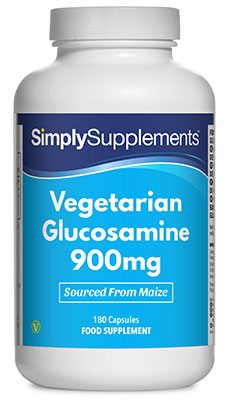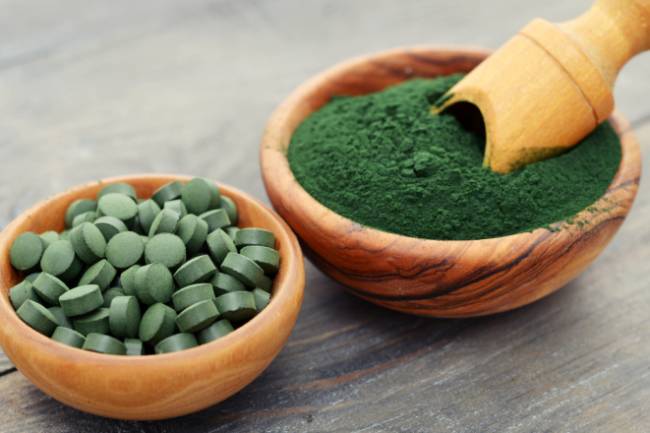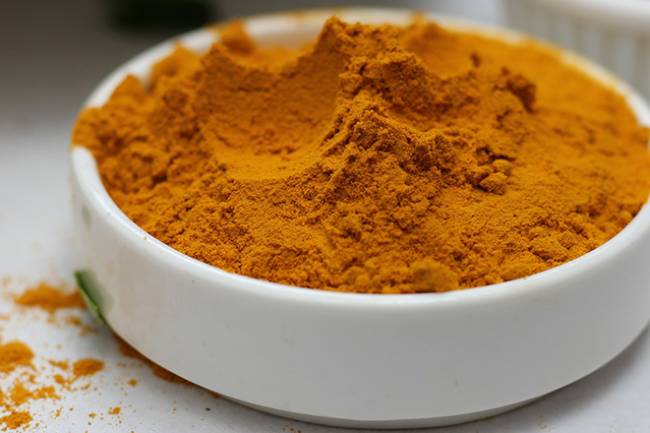The Low FODMAP Diet Explained

The low FODMAP diet is an evidence-based approach for managing digestive symptoms that occur as part of irritable bowel syndrome (IBS). It may also be helpful for those who have been diagnosed with conditions such as coeliac disease or inflammatory bowel disease and are struggling with IBS-like symptoms.
So what exactly are FODMAPs?
FODMAP stands for Fermentable Oligosaccharides, Disaccharides, Monosaccharides and Polyols. These are all types of carbohydrate that are found in many of the foods we eat and may be poorly absorbed by some individuals.
If they are not absorbed properly in the small intestine they can continue to travel through the digestive tract, where they are rapidly fermented by bacteria. This process can then lead to IBS symptoms such as abdominal pain, bloating, changes in bowel habits, gas and nausea. A growing evidence base over recent years has shown that following a diet low in FODMAPs can be effective at relieving these symptoms.
How Does the FODMAP Diet Work?
The diet is split into two phases, consisting firstly of a restriction period lasting around 6-8 weeks. During this time all foods high in FODMAPs are removed from the diet and appropriate alternatives are chosen instead. Following completion of this phase, the second phase aims to reintroduce foods to assess an individual's tolerance to them and develop a less restrictive, longer term dietary plan that is able to successfully control symptoms.
Examples of High and Low FODMAP Foods
High FODMAP foods contain:
- Excess Fructose e.g. honey, apples, pears, large servings of dried fruit or fruit juice.
- Lactose e.g. dairy milk, ice cream, yoghurt, and soft cheeses.
- Oligosaccharides e.g. onions, garlic, broccoli, large amounts of wheat, barley or rye products, legumes such as chickpeas and baked beans.
- Polyols e.g. peaches, mushrooms, apricots, sweeteners such as sorbitol, mannitol and xylitol.
Low FODMAP alternatives:
- Fruits such as bananas, blueberries, kiwis, and oranges.
- Vegetables such as carrots, corn, green beans, cucumber, potatoes, and peppers.
- Gluten-free grains and cereals such as rice, polenta, quinoa, and oats.
- Lactose-free milks and hard cheeses.
- Sweeteners such as sugar, maple syrup and artificial sweeteners such as aspartame.

Thinking About Trying it?
Firstly make sure you've consulted your GP and had the appropriate tests carried out to confirm what is causing your digestive symptoms – the symptoms of different conditions can be very similar but may require different treatments. It is also recommended you follow the diet while consulting with a registered dietitian (your GP can refer you in the UK).
The diet is complex and a dietitian can provide full advice on how to follow it effectively whilst maintaining a balanced diet. This is especially important as many fruit and vegetables can be high in FODMAPs but are still important for health, so they need to be replaced with something equally nutritious. Also, information about which foods are high or low in FODMAPs is a work in progress – your dietitian can provide you with the most up to date knowledge.
Some Other Things to Keep in Mind:
- The diet is not intended as a long term plan. The 2 stage process should help to identify which foods can cause problems for individuals and they can then adapt their diet to reduce those particular foods.
- Reintroducing foods and testing individual tolerance is really important. Different people will be able to tolerate different foods (and the amount may play a role as well) so it's important to assess how you respond to each food type. Foods high in FODMAPs are otherwise healthy for the gut as they have prebiotic effects and contain other essential nutrients so shouldn't be excluded if not necessary.
- It may not work for everyone – the current evidence suggests it is effective at managing symptoms in around 75% of people with IBS. It is not a cure for digestive conditions but may help reduce symptoms.
In addition to following a low FODMAP diet, peppermint oil capsules have also been found to help ease symptoms in those with IBS. Peppermint is an antispasmodic, meaning it relaxes the muscles in the digestive tract and may reduce abdominal pain, one of the symptoms of IBS.

 Nicole
Nicole 
























